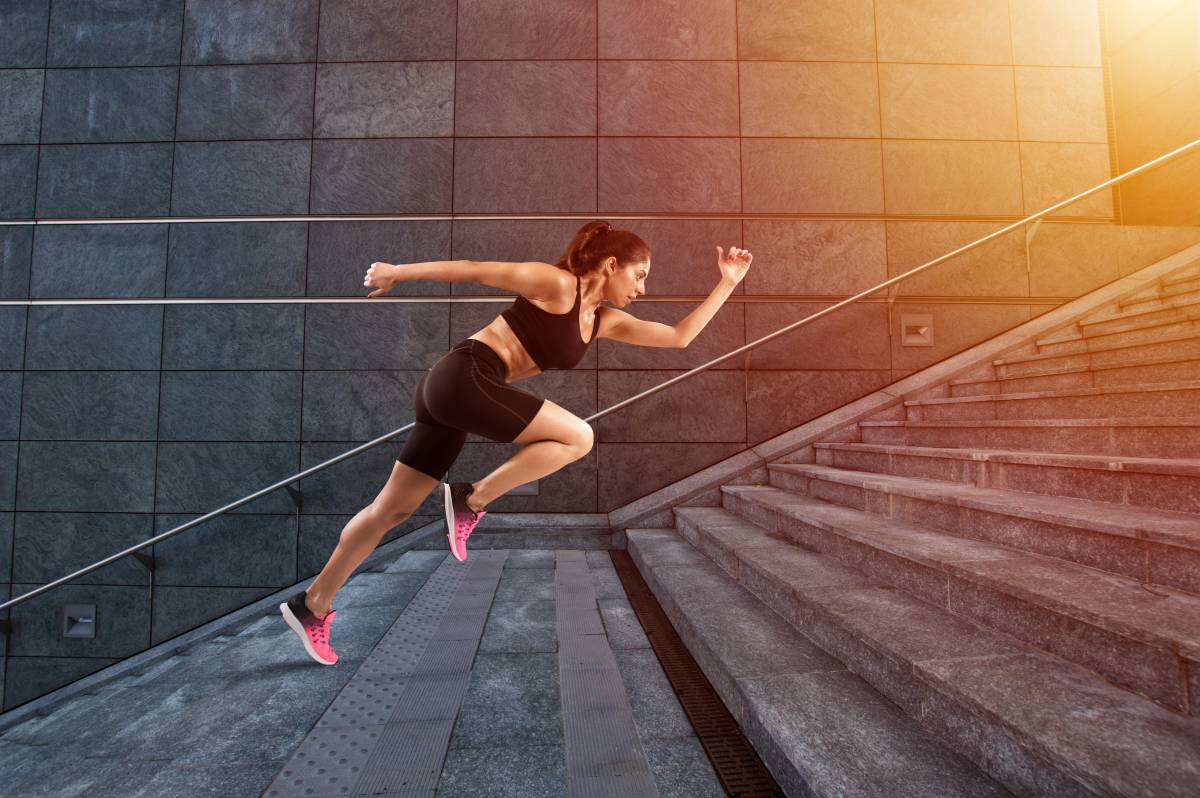End the 'gender bias' blighting progress in the sports and exercise medicine field, say nine physios
Leading figures in sports and exercise medicine should strive to ‘break the cycle of gender bias’ in their field by acting as role models.
That is the message contained in an editorial published today in the open access journal BMJ Open Sport & Exercise Medicine. It is written by an international team of 20 researchers and practitioners, almost half (nine) of whom PhysioUpdate believes have a physiotherapy/physical therapy background.
One of the authors, Osman Hassan Ahmed, is based with University Hospitals Dorset NHS Foundation Trust. According to his details on Twitter, Dr Ahmed is also para classification and para physio lead with England Football. Twitter: @osmanhahmed
The editorial's first author is Nash Anderson, a chiropractic practitioner in private practice who is based in Fadden, Australian Capital Territory, Australia. He and his colleagues point out that there is a dearth of women holding key roles in the speciality.
This finding applies to participating in studies, through to clinicians and researchers, and it hinders scientific progress in the specialty and helps to ‘normalise’ gender inequity for future generations.

'Major knowledge gaps' in women's health issues
Whether looking their participation as senior authors in scientific research papers or at leadership roles on editorial boards in the sports sciences, women hold less than 25 per cent of the key roles. They hold less than 20 per cent of the team doctor positions in both collegiate and professional sports, the authors point out.
All-male conference panels and keynote speakers in sports and exercise medicine are still common, while female sports medicine doctors report being disrespected and are prone to sexual harassment. They also have their judgment questioned more often than their male counterparts, and have higher rates of death by suicide, Dr Anderson and his colleagues note.
They highlight a range of ‘major knowledge gaps’ in research areas, such as women’s sport performance, their cardiovascular and musculoskeletal health, and the impact of the reproductive cycle. Breaking this cycle is essential to ensure that future generations do not perceive gender bias as normal and continue to pass it down to new practitioners joining the field
Call for action
In a bid to address the gender imbalance in sports and exercise medicine practice and research, the authors recommend a series of strategies and actions for professional bodies and academic institutions in the specialty.
The changes needed include
- building a culture of awareness, excellence, and inclusivity through education, training, and open discussion; family friendly policies; mentoring and professional development opportunities
- promoting female inclusion in sport medicine, by, among other things, holding leaders to account for driving business practices and clinics that improve diversity, including in hiring and promotion practices
- bolstering women’s inclusion and participation in research, publications, and conferences, by considering diversity at all stages of research and publication, including among peer reviewers; and by increasing the representation of women and gender diverse people as speakers and attendees
- recognising that greater diversity benefits both clinicians and patients, by bringing different qualities, skills, and experience to the table
- boosting the use of enabling technology to empower women
- distributing work equally
- implementing anonymous reporting platforms for microaggressions, bullying, harassment, discrimination and retaliation, and providing expert commentary to prevent perpetuation of these behaviours
‘It is important that we acknowledge the underrepresentation, and work to break the cycle of gender bias through role models. The lack of female role models in sports and exercise medicine can perpetuate the cycle of gender bias,' write the authors.
Breaking this cycle is essential to ensure that future generations do not perceive gender bias as normal and continue to pass it down to new practitioners joining the field [Nash Anderson et al.]
In conclusion, Dr Anderson and his colleagues add: ‘We believe that we can ensure that the brightest minds from all backgrounds can contribute to the advancement of science and enhance not only the sports medicine community but also society at large.’
Authors' ORCID IDs
Nash Anderson http://orcid.org/0000-0002-1786-8805
Diana Gai Robinson http://orcid.org/0000-0002-2627-2309
Evert Verhagen http://orcid.org/0000-0001-9227-8234
Kristina Fagher http://orcid.org/0000-0002-9524-7553
Pascal Edouard http://orcid.org/0000-0003-1969-3612
Daniel Rojas-Valverde http://orcid.org/0000-0002-0717-8827
Osman Hassan Ahmed http://orcid.org/0000-0002-1439-0076
Moa Jederström http://orcid.org/0000-0003-0938-084X
Laila Usacka http://orcid.org/0000-0003-1688-5926
Justine Benoit-Piau http://orcid.org/0000-0001-9943-2978
Candy Giselle Foelix http://orcid.org/0009-0000-7590-9276
Carole Akinyi Okoth http://orcid.org/0009-0005-1187-4250
Nefeli Tsiouti http://orcid.org/0000-0003-0019-9622
Trine Moholdt http://orcid.org/0000-0003-1024-8088
Larissa Pinheiro http://orcid.org/0000-0001-5927-2893
Sharief Hendricks http://orcid.org/0000-0002-3416-6266
Blair Hamilton http://orcid.org/0000-0001-7412-1188
Rina Magnani http://orcid.org/0000-0002-5492-5119
Marelise Badenhorst http://orcid.org/0000-0001-8443-9173
Daniel L Belavy https://orcid.org/0000-0002-9307-832X
To read the full version of the article– titled Under-representation of women is alive and well in sport and exercise medicine: what it looks like and what we can do about it doi 10.1136/bmjsem-2023-001606 – click
Twitter handle: Nash Anderson @Sportmednews
Author: Ian A McMillanShare it with














